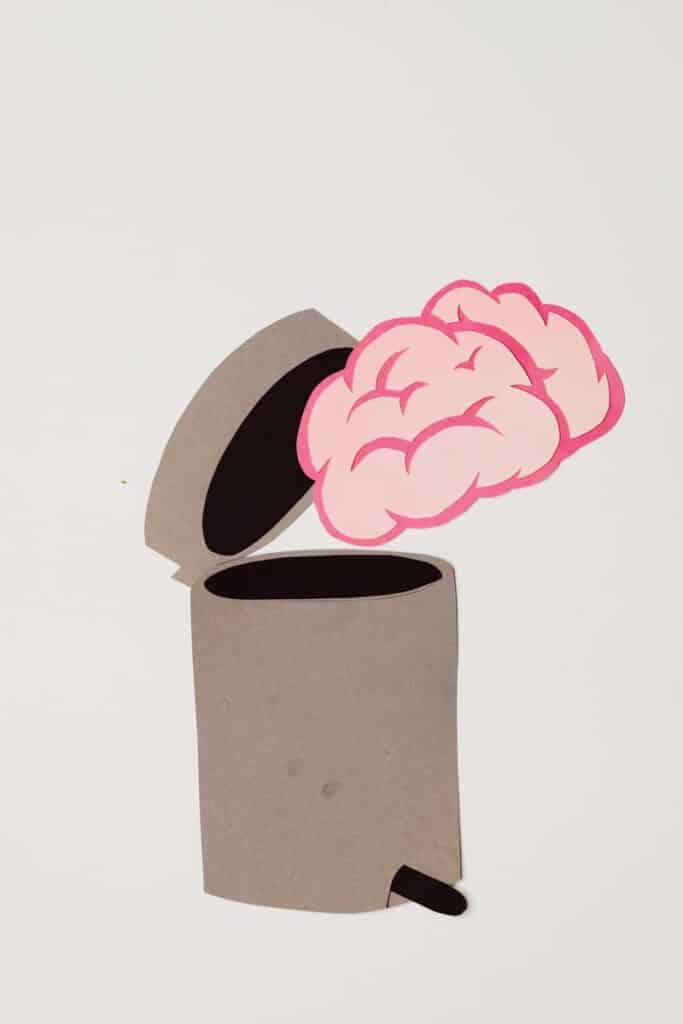The word “opioid” comes from the root words “opium” and “poppy,” which are natural substances that have been used for centuries to help relieve pain. The drug fentanyl is a type of synthetic opioid, meaning it’s a man-made version of a natural opiate.
What is fentanyl?

Fentanyl is a highly powerful synthetic opioid that is quite similar to morphine but 50 to 100 times more potent. It can be prescribed by doctors as a pain medication, or illicitly produced and sold on the street, often clandestinely mixed with heroin. Due to its extreme potency, it can easily lead to overdose, especially when users are unaware of its presence.
The drug works by binding to the body’s opiate receptors, highly concentrated in areas of the brain that control pain and emotions. When these drugs attach to the receptors, they can drive up dopamine levels in reward regions of the brain, producing a state of euphoria and relaxation. This is why people who use them recreationally tend to repeat use.
Although taking too much fentanyl can be lethal, many deaths occur because people don’t know they’re ingesting it: Fentanyl looks like heroin and other illicit drugs, and dealers cut other drugs with it to increase their supply. As a result, the U.S. Drug Enforcement Agency (DEA) reports that drug overdoses now result in more deaths than car accidents.
What Does Fentanyl Do?
Fentanyl works by binding to opioid receptors, which are found throughout the central nervous system and gastrointestinal tract.
These receptors bind to endogenous opioids such as endorphins and enkephalins and influence feelings of pain and pleasure. When fentanyl enters your body, it causes increased euphoria, decreased pain, relaxation, sedation, constipation, respiratory depression, or even cardiac arrest, leading to death.
Eventually, this ends in total receptor desensitization where you stop feeling anything at all – this is why people who use fentanyl can become so dependent on these drugs because they get used to not feeling anything anymore while continuing to take more of the substance.
Adding to the risk of overdose, fentanyl has been found to be present in heroin without users even knowing it. This is because dealers are cutting or mixing fentanyl into their drugs to make them stronger and give the person using an intense high that lasts longer.
However, this makes it difficult for first responders, family members, friends, or even the individual themselves to determine how much they should use to avoid overdosing.
What Does Fentanyl Do To The Brain?

When taken as prescribed by a physician, fentanyl is safe and effective for treating pain but can also cause serious side effects such as drowsiness, breathing problems, nausea, and confusion.
However, when Fentanyl is taken in excess, fentanyl can cause slowed breathing, seizures (from low blood pressure), or even death due to respiratory failure.
For recreational drug users — especially those who aren’t aware they’re ingesting fentanyl — overdose occurs because this opioid attaches to receptors in the brain stem more strongly than drugs like morphine do. This region of the brain regulates breathing: When large doses of opioids bind here, they can slow or completely stop breathing.
The risk of overdose is heightened because there’s currently no test able to quickly determine whether fentanyl is present in someone who has used drugs. This makes it difficult for doctors and medical staff to appropriately treat the person during an overdose event since smaller doses of naloxone (the standard opioid antidote) may not be enough to reverse their symptoms.
What Is High-Dose Fentanyl Used For?
Extremely high doses of fentanyl are sometimes given to people with terminal cancer. These large doses don’t produce a “high” effect; instead, they’re intended to reduce ongoing pain experienced by the patient.
Because extremely high concentrations of opioids attach to receptors in the brain and change how people perceive pain, large doses of fentanyl can offer targeted relief from suffering.
In medical settings, fentanyl is typically administered through injection or a transdermal patch that slowly releases the drug over time.
What Increases The Risk Of Overdose?
It’s difficult to know whether fentanyl will cause an overdose because its effects vary from person to person. In particular, the amount that attaches to opioid receptors in the brainstem can differ dramatically depending on the individual taking the drug.
Whether it was taken as prescribed (in which case only a high dose may lead to serious problems) or used recreationally (in which case even a low dose might send someone into overdose)
Other factors increase the risk of fentanyl overdose too:
- Using fentanyl with alcohol and/or benzodiazepines such as Valium and Xanax.
- Mixing opioids — particularly if it includes combining fentanyl with heroin or another prescription opioid.
- Using fentanyl after a period of sobriety can cause the body to become tolerant to opioids and produce stronger effects.
- Having an underlying mental health condition such as anxiety or depression.

